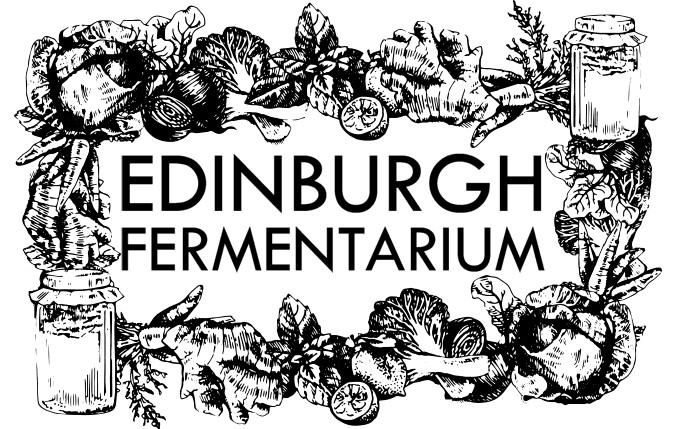iv: Anthroposophical Views
Gentle tummy love Dora Wagner Gentleness is a secret and life-giving power of transformation that is closely related to what the ancients called ‘potentiality’. Without it, there is no possibility for life to evolve towards that which it could become. Anne Dufourmantelle
Stones gather at the waterline. Waves chafe them against each other. I hear it clearly. With each wave, myriads of stones rub together, groaning. I imagine standing here in millennia to come, witnessing water breaking rocks to sand. Steadily. Slowly. Gently. And I wonder if I, too, were meek, how would I know? And how could I allow my gentleness to become a source of my inner strength? Could I combine my words with a flower's tender scent? Could I, like the delicate, glittering drops on morning leaves, help to awaken life? As the soil nourishes the root, could the salt of the earth strengthen me? In Ancient Roman cultures, meekness was a virtue— ‘mansuetudo’ in Latin, literally ‘tameness’. It was closely related to kindness— ‘clementia’ —to the qualities of being calm, humble, kind, tolerant, soft, and yet brave. Meekness contrasts with ‘malignitas’, ‘hardness of the heart’, when violence reigns, when injuries are caused, when everything is about fighting, brutality and selfishness. So, we could be meek, if we did not get swept up in impatience and anger, if we were tender and careful, if we avoided harshness in our affections. Gentleness in behaviour is thus linked to caution in dealing with others, and a kind of circumspection that seeks not to harm other beings. But meekness is not only a way of behaviour, it’s more a state of mind; a balanced, patient, gracious and benevolent awareness. The classical symbol of this virtue is the sheep, which gives wool and milk without resistance— the traditional sacrificial animal since at least the Old Testament. We all know that our stomachs can quickly be brought out of balance by our souls. The human stomach has incredible abilities: it can
‘hold stones’, turn sour with anger, ferment poison and bile, but it can also conjure those ‘butterflies’ that transmit happiness and excitement. From an early age we learn the wisdom of our stomachs: Bad news must be ‘digested’, it ‘hits us in the gut’, or ‘lies heavy on’ it. Events can make us feel sick, can spoil our appetite, or even make us want to throw up. These expressions tell us about the interplay between our psyches and our bodies, which in Greek is called ‘soma’. This is psychosomatics. There's a strong connection between the brain and the gut. Stress and intense emotions can trigger neurologic signals to the stomach, changing the motion of the intestines as well as the level of acid production. Often, calming the mind and the gut can be helpful in relieving tummy aches and allowing the bowel to function normally again. On the other hand, belly trouble can also bring down one’s mood and overall well-being. Isn’t it, therefore, important to listen more attentively to our gut feelings, to be merciful and charitable with our belly’s aches and pains? Lying in bed with a hot water bottle in your lap or drinking Chamomile tea might be kinder than carelessly combatting your ailments with medicines to get back on your feet as quickly as possible. There are many drugs intended to help us ‘fight against’ any kind of stomach pain, most bearing the prefix ‘anti’: antiemetics, antidiuretics, antiphlogistics, antidiabetics, antibiotics, antidepressants, anticonvulsants, antidiarrhoeal agents, antiparasitics, antifungals, antidiposants, and so many more. They often do more harm than good. By contrast, our herbal and floral heritage can gently give us exactly what we need to relieve an upset tummy or a troubled mind. We attribute corresponding properties 13
















